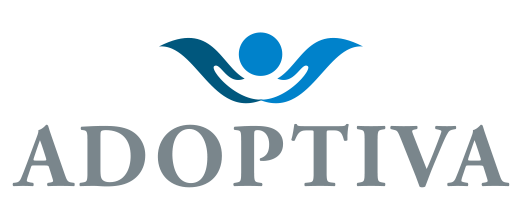Contact
We're here to help you out!
Our main goal is to join families together, legally and emotionally, through every step, we’re here to help you out!
Phone
+1 (829) 887-2195
info@adoptiva.com.do
Address
Max Henriquez Ureña No. 94, Evaristo Morales, Santo Domingo, Dominican Republic
Ask for a consultation now!
Frequently Asked Questions
There are several things to consider once you have decided to adopt. The first thing is to know if you meet the requirements required by our legislation, second, to analyze your finances to see if you will be able to cover the cost of an adoption, third, if you are Dominican, hire a lawyer to guide you before starting the process, and if you are a foreigner, choose an accredited agency in our country and finally begin to collect the necessary documents to apply or formally request the adoption.
In the Dominican Republic there are 4 types of adoptions:
- National Privileged Adoption with previous cohabitation
When resident couples or citizens of the Dominican Republic wish to adopt a boy, girl or adolescent with whom they have had a bond and a previous coexistence.
- National Privileged Adoption due to unknown parentage
When couples who are residents or citizens of the Dominican Republic wish to adopt a child or adolescent from the Dominican Republic.
- International Privileged Adoption with previous cohabitation
When foreign couples wish to adopt a child or adolescent from the Dominican Republic with whom they have had a previous bond and coexistence.
- International Privileged Adoption due to unknown parentage
When foreign couples wish to adopt a child or adolescent from the Dominican Republic
- People over 30 and under 60 years old, regardless of their marital status.
(A person after 60 may adopt when he/she has had the upbringing, care and protection of the minor prior to the application for adoption.
In cases of relatives who want to adopt a minor when the parents or guardians have been judicially stripped of the guardianship).
- Dominican spouses married for 3 years, foreigners 5 years.
- Dominican couple formed by a man and a woman who demonstrate uninterrupted coexistence for more than 5 years.
- Single persons may adopt if it is shown that they have had the upbringing, care and protection of the minor.
- The widow or widower, if during the life of the spouse, both had begun the adoption procedure.
- The divorced or separated spouse when the adoption procedure already existed at the time of the divorce or separation.
- The married spouse or consensually united couple may formalize the adoption of the child of the other spouse.
- Grandparents, uncles and siblings of legal age, when the father or mother or both have died and the adopters can guarantee the integral well-being of their relatives.
- Children orphaned of father and mother.
- Children who have been voluntarily surrendered to the state.
- Children whose parents have lost parental authority.
- Children who have been abandoned by their parents. (Unknown parents).
The cost may vary, depending on whether the adoption is national or international, for nationals the cost ranges between $100,000-$200,000 Dominican pesos and for international ones the cost ranges between $300,000 and $450,000 Dominican pesos.
The competent entity is the National Council for Children and Adolescents (Conani)
Yes, adoptive couples must be at least 30 years old and maximum 60 years old.
Yes, the adoption is privileged and irrevocable. That is to say, that the adopted person ceases to have a bond with her blood family and only the marital impediments remain. The adoptee will have the same rights and obligations as the biological children of the adopters: successor, personal and patrimonial).
Yes, there must be a difference of 15 years.
No, our legislation prohibits it, since, in the Dominican Republic, marriages or cohabitation of same-sex couples are not recognized.
This can vary depending on what type of adoption it is. If it is due to previous cohabitation it could last around 2 years, if it is due to unknown parentage, the adoption could last 4 years or more. If it is by reverse flow, it could last about 6 months once the file is deposited with the National Council for Children and Adolescents (Conani).
